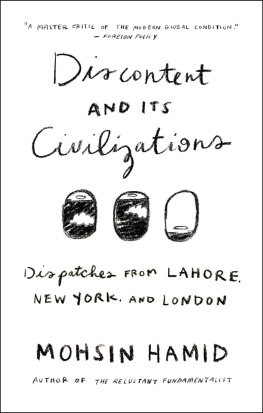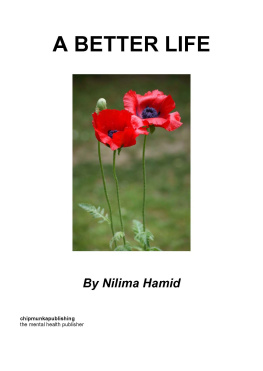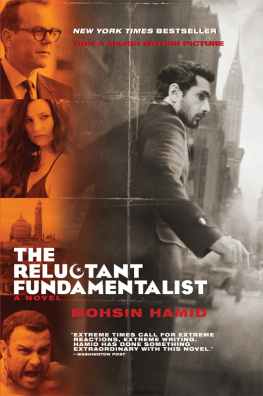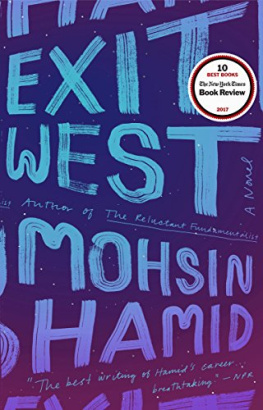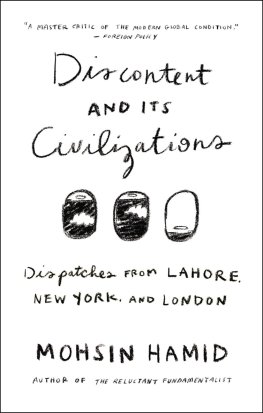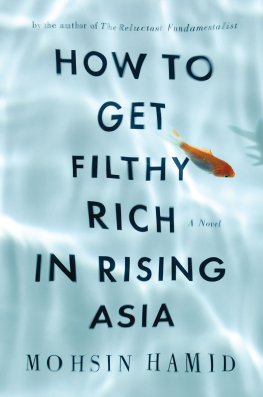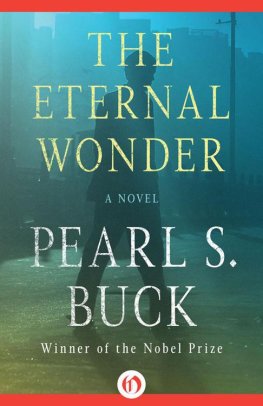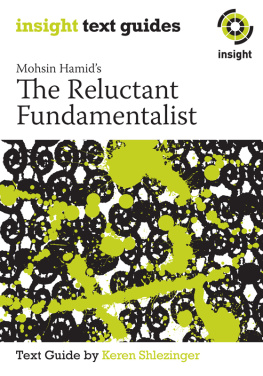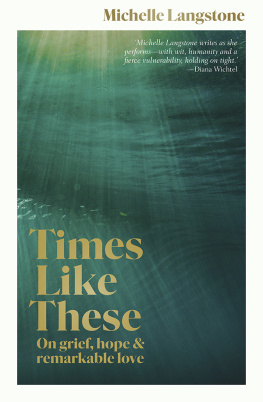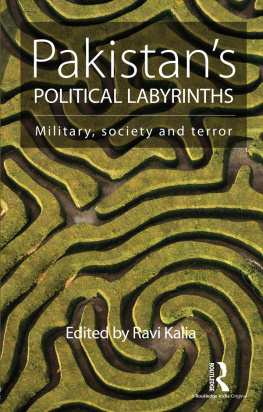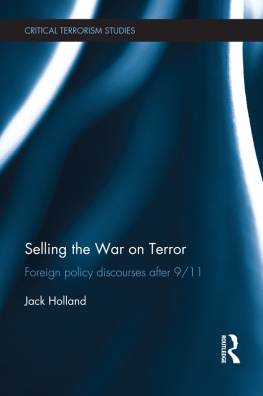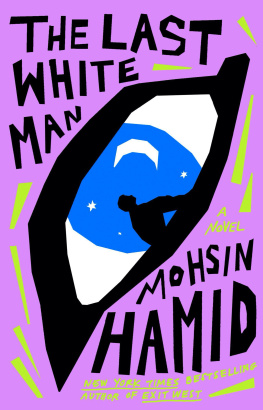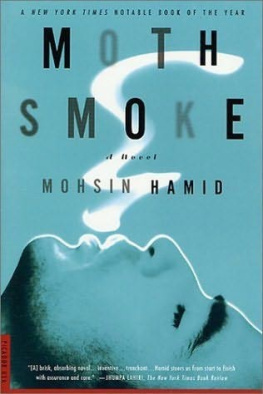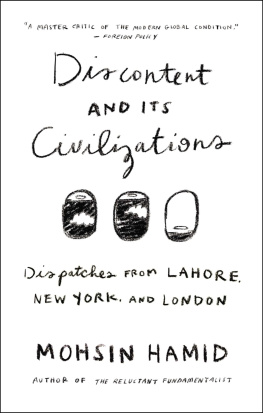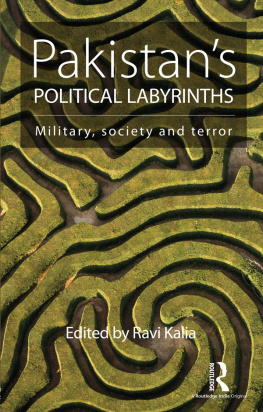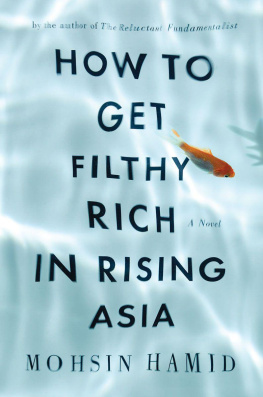Penguin supports copyright. Copyright fuels creativity, encourages diverse voices, promotes free speech, and creates a vibrant culture. Thank you for buying an authorized edition of this book and for complying with copyright laws by not reproducing, scanning, or distributing any part of it in any form without permission. You are supporting writers and allowing Penguin to continue to publish books for every reader.
The Riots in Lahore: Dont Angry Me originally published by newyorker.com at http://www.newyorker.com/online/blogs/newsdesk/2012/09/the-riots-in-lahore-dont-angry-me.html. Cond Nast.
Hamid, Mohsin, date.
Discontent and its civilizations : dispatches from Lahore, New York, and London /
Mohsin Hamid.
p. cm.
I. Title.
INTRODUCTION:
My Foreign Correspondence
O NE DAY, beside a slender stream in the high mountains, a monk met an essayist and they fell to talking. The minutes passed as they reclined there in the presence of dragonflies. It soon seemed clear to the essayist that the monks view of life, perched as it was upon a foundation of faith, was ripe for a good debunking.
The essayist laid out the required argument in painstaking detail, ending with these words: Since you have no proof, I must conclude your beliefs are merely your own invention.
So what? the monk responded, with a smile as steady as it was serene.
So what? So everything. Youre a monk!
The monk hiked up the robe he was wearing and dipped the back of one powerfully muscled calf in the water. I invented myself, the monk said. Until yesterday I was an Olympic sprinter.
The essayist stared, incredulous.
Invention, the monk explained, is a blessing.
G LOBALIZATION IS A brutal phenomenon. It brings us mass displacement, wars, terrorism, unchecked financial capitalism, inequality, xenophobia, climate change. But if globalization is capable of holding out any fundamental promise to us, any temptation to go along with its havoc, then surely that promise ought to be this: we will be more free to invent ourselves. In that country, this city, in Lahore, in New York, in London, that factory, this office, in those clothes, that occupation, in wherever it is we long for, we will be liberated to be what we choose to be.
When I sat down to shape this book, a collection of pieces I wrote for various publications in the fifteen years between 2000, the time my first novel, Moth Smoke, appeared, and now, which is to say 2014, I found I was content to let much of what I had written go. Many of my past pieces were, to my present eye, simply too crudely built or too blatantly wrongheaded to include. Others were too similar to each other, meaning it was better not to pick two when one would do.
What was left, the three dozen or so pieces making up the pages that follow, I wanted to alter as little as possible, so that they would read much as they read when they were first written. I have made some minor changes, probably the most significant of which are deletions of passages that seemed too repetitive, but I have done my best to avoid any major rewriting. Each of the pieces remains of its place and of its time.
Rereading them now, I am struck by how their writer, which is to say me, has changed over the years. Obviously, there have been changes in writing style and technique. But there have been other changes as well, changes in how I view the world, changes that perhaps reflect how I am in the world, and those changes remind me that I am becoming a different person, that I am inventing myself as I go along, as I suspect we all are. The novelist I am now would not today write the novels I wrote before; the human I am now might not behave as did the human I was before.
In that sense, the fragmentary and of the moment nature of the pieces that constitute this book brings with it, I hope, a different type of honesty than a book that is conceived as a whole and executed in a single effort. It reveals opinions and attitudes that are malleable, showing the plasticity of what in any given present moment one typically presents as a rock of certainty.
But it reveals consistencies, too, themes that reappear, again and again, in pieces written at different times, for different publications, in different places. Over the past fifteen years I have lived in three cities: Lahore, New York, and London. I have called and considered all three home. And yet, as I review the writings in this book, I recognize that I have always felt myself a half-outsider. The pieces here take different forms: some are lengthy essays, others are focused op-eds, others still are small fragments just a page or two long. But all of them, I think, are the dispatches of a correspondent who cannot help but be foreign, at least in part.
P AKISTAN EMERGES as a recurrent subject of mine. I have lived more of my life in Pakistan than in any other country, even if that total still comes to a little less than half. I am preoccupied with Pakistans future, as most Pakistanis I know seem to be, Pakistan being simultaneously an unusually troubled country and one that manages to provide many of its daughters and sons with remarkably resilient roots, roots that often endure even when the plant they belong to is removed to soil a vast ocean away.
In my writings about Pakistan over the years, I perceive an attempt at optimism, probably a little forced, and possibly somewhat misguided. I have often noted the potential for changes for the better that, in retrospect, have not occurred. And yet I think a stance of optimism is not useless. With optimism comes agency, the notion that Pakistan can solve its own problems. And a lack of agency has been at the heart of Pakistans failures, an impulse to blame foreign powers who, while very far from guiltless in the Pakistani context, have only secondarily contributed to Pakistans ongoing crises, which remain primarily of Pakistani making. My position has been that foreign powers should resist the impulse to intervene in Pakistan, and that Pakistanis should correct failed Pakistani policies and attitudes themselves rather than claim these are the best that can be hoped for given the machinations of the outside world.

